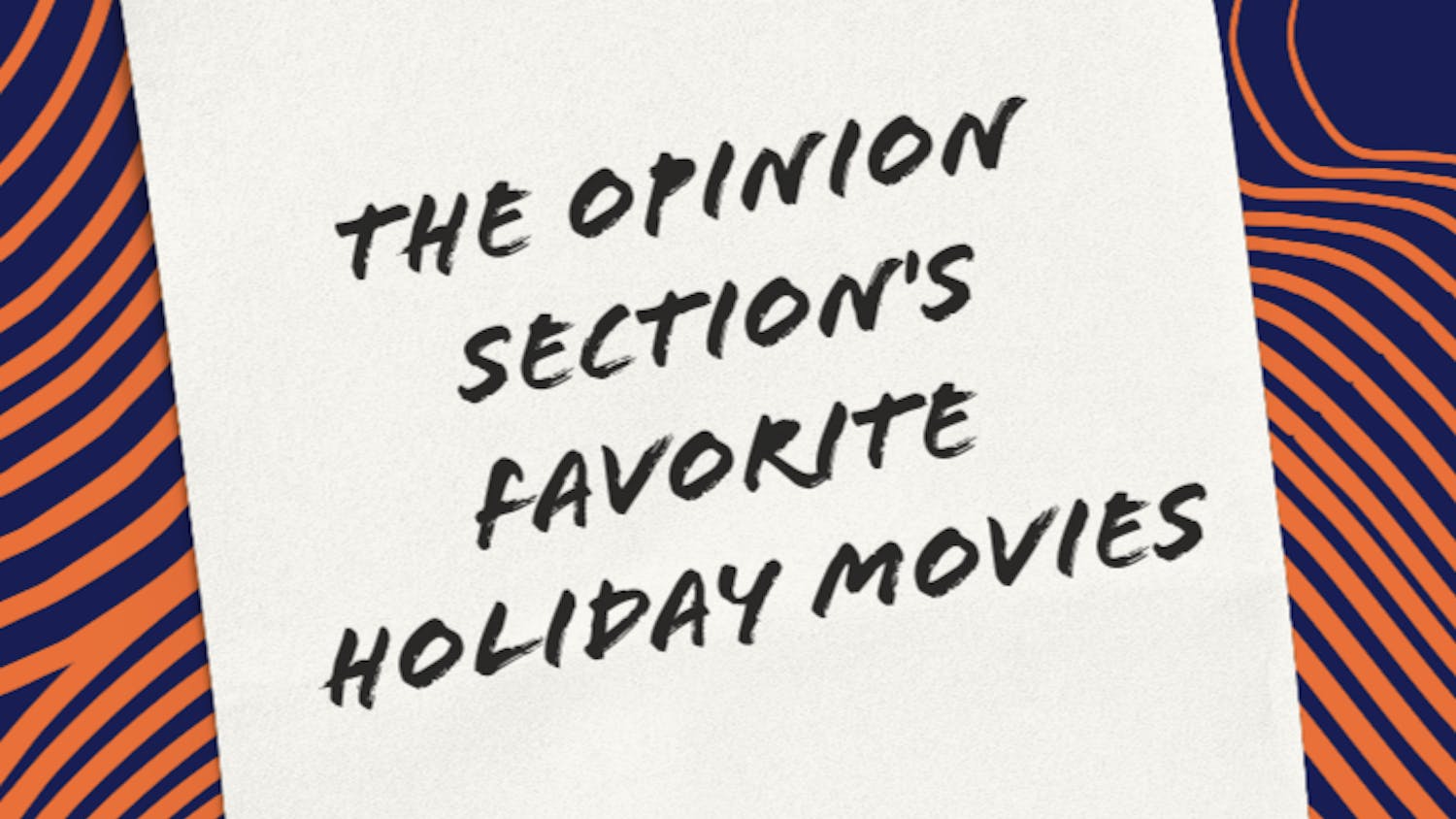With the Christmas season fast approaching, it's time to remember not only the cheer it brings, but also the controversy.
In the coming weeks businesses across the United States will choose between using the words "holiday" and "Christmas" for their storefront displays and seasonal sales in the spirit of political correctness.
Abby Anderson, sophomore in zoology, said she is apathetic toward the use or disuse of the word "Christmas" in advertising.
"I don't particularly care if advertisers acknowledge Christmas or not," Anderson said. "I imagine (they) view Christmas as a marketing tool and will most likely cater to the requests of the consumers."
Anderson said she thinks more people in the South are offended when "Christmas" is replaced.
"I believe it definitely is a religious thing," Anderson said. "The same people who complain about advertisers neglecting the word 'Christmas' have issues with 'under God' being left out of the Pledge of Allegiance."
Cara McElroy, also a sophomore in zoology, shares Anderson's sentiments.
"Especially in the state we live in, a lot of people seem to be angered by the way Christ is being taken from Christmas," McElroy said. "I don't think that that's the perspective we should have on it."
McElroy said using a nonreligious phrase like "Happy Holidays" is not a denunciation of religion, but many in the South take it that way.
"Look at the way people reacted to Obama's Thanksgiving address," McElroy said. "Many people were up in arms because he celebrated community, gratefulness and togetherness and not specifically the Christian God."
Anderson and McElroy both said that while Christmas is obviously a Christian holiday, it isn't only religious people who celebrate it.
"Christmas will always be a religious holiday," Anderson said. "However, there has emerged a commercial interpretation of (it) which dominates popular culture."
McElroy said she thinks both religious and nonreligious people celebrate Christmas as both a spiritual and commercial holiday.
"Let's be real, everyone in America celebrates Christmas," McElroy said. "I'm fairly agnostic, but that doesn't mean I don't celebrate Christmas as a time to celebrate the relationships I have with people I love and revel in the Christmas spirit."
Though it is a spiritual holiday, McElroy said, it isn't strictly a religious holiday.
"I am all for people using this as a chance to embrace their religion, but that's like asking if Sunday is a holy day," McElroy said. "It might be the Sabbath for some, but that doesn't make it a worldwide holy day."
McElroy said Christmas has become increasingly secular, but she doesn't feel that takes away from it.
"I love giving and getting Christmas gifts, and I think the saddest day of my life was when I grew up enough to admit to myself that Santa wasn't real," McElroy said.
"I can realize that advertisers are playing on my emotions to create dollar signs, but it's the thought that counts, and my motives are to celebrate those who are important to me."
As far as the wording goes, McElroy said both militantly religious people and atheists need to calm down.
"'Merry Christmas' and 'Happy Holidays' are indistinguishable in my mind," she said.
McElroy said instead of focusing on political correctness this season, people should focus on the meaningful things the holidays celebrate.
"I think the important thing to note is whether you set up a menorah or a nativity scene or a nonaffiliated fir tree, we're all basking in the joy of a holiday spirit and the magic of believing in mankind."
Do you like this story? The Plainsman doesn't accept money from tuition or student fees, and we don't charge a subscription fee. But you can donate to support The Plainsman.




